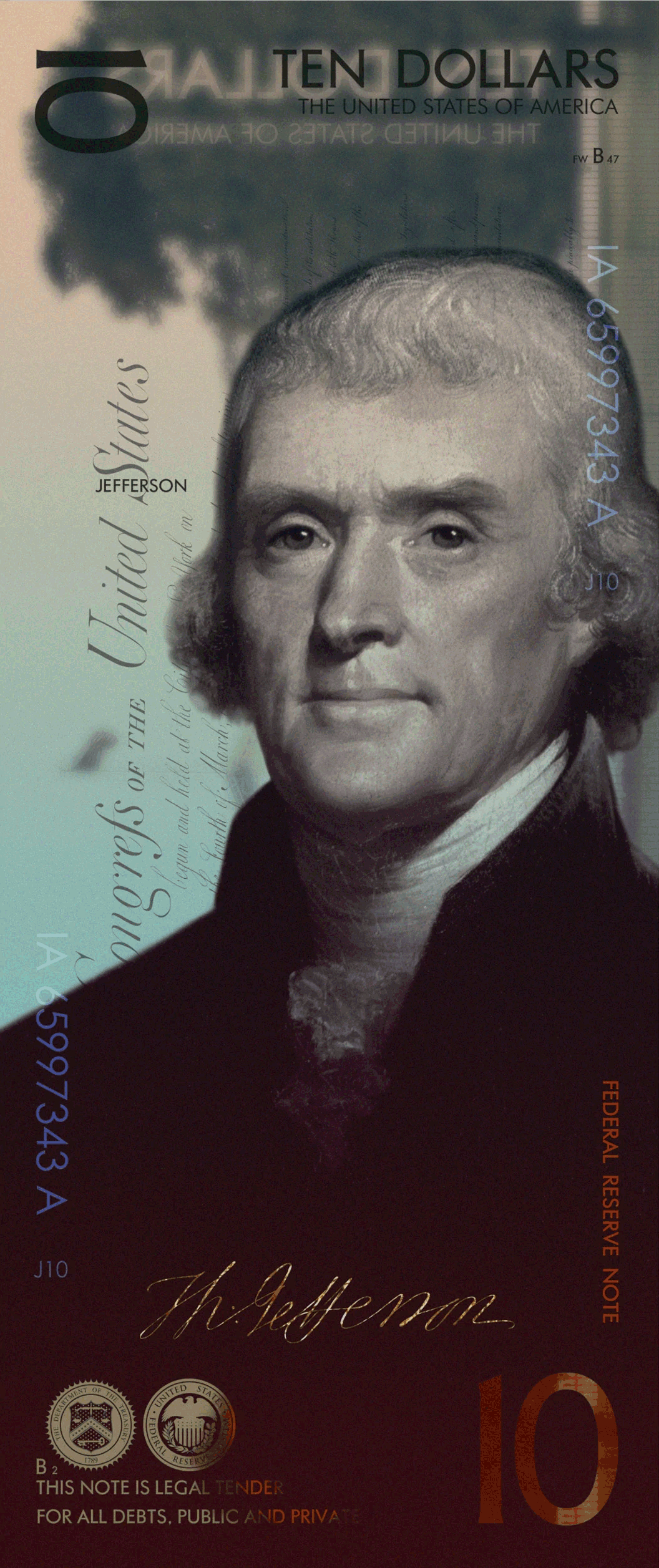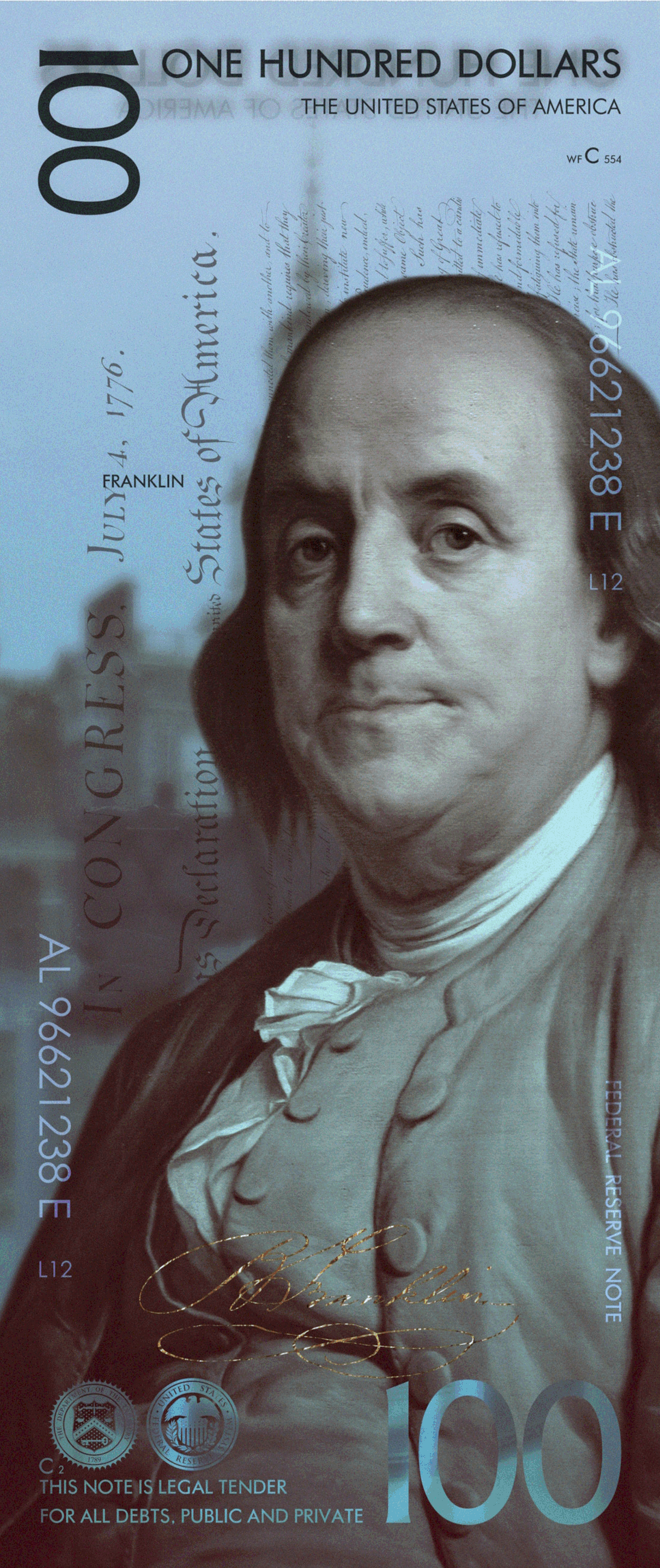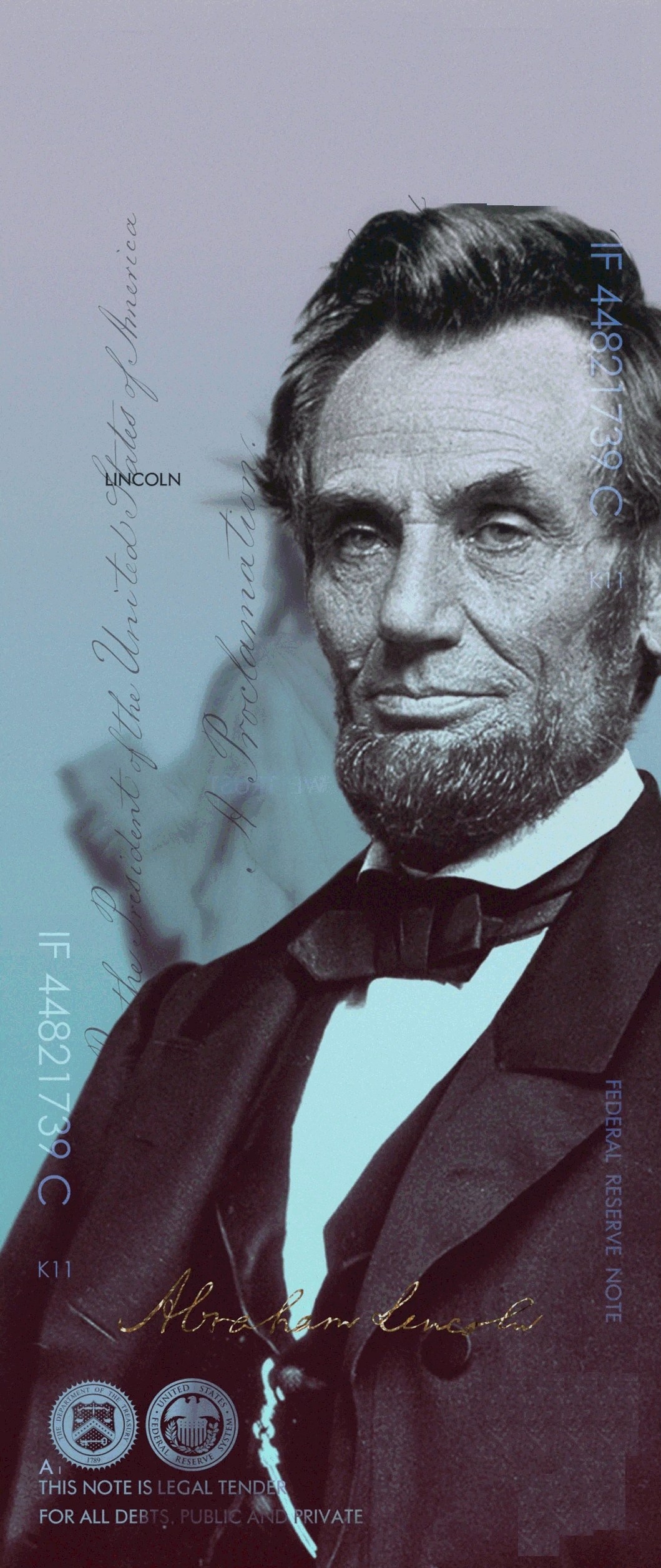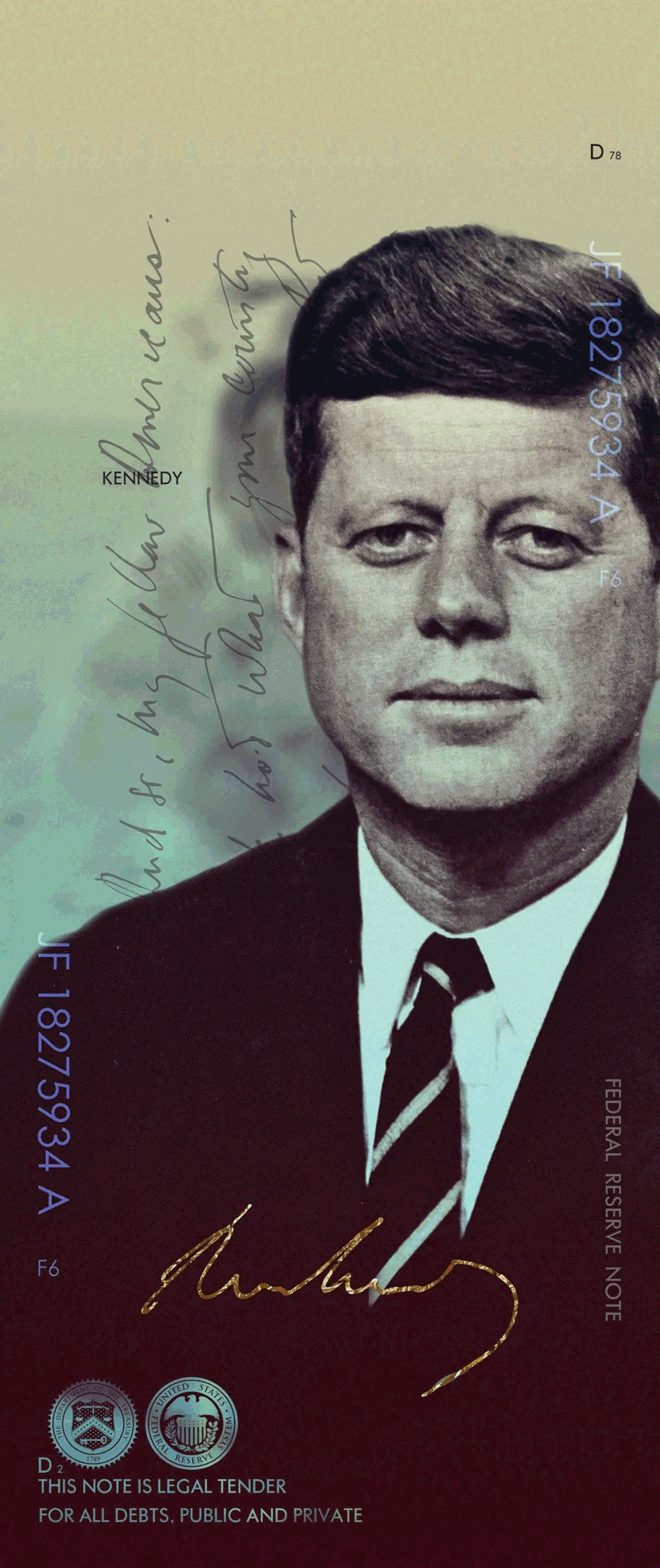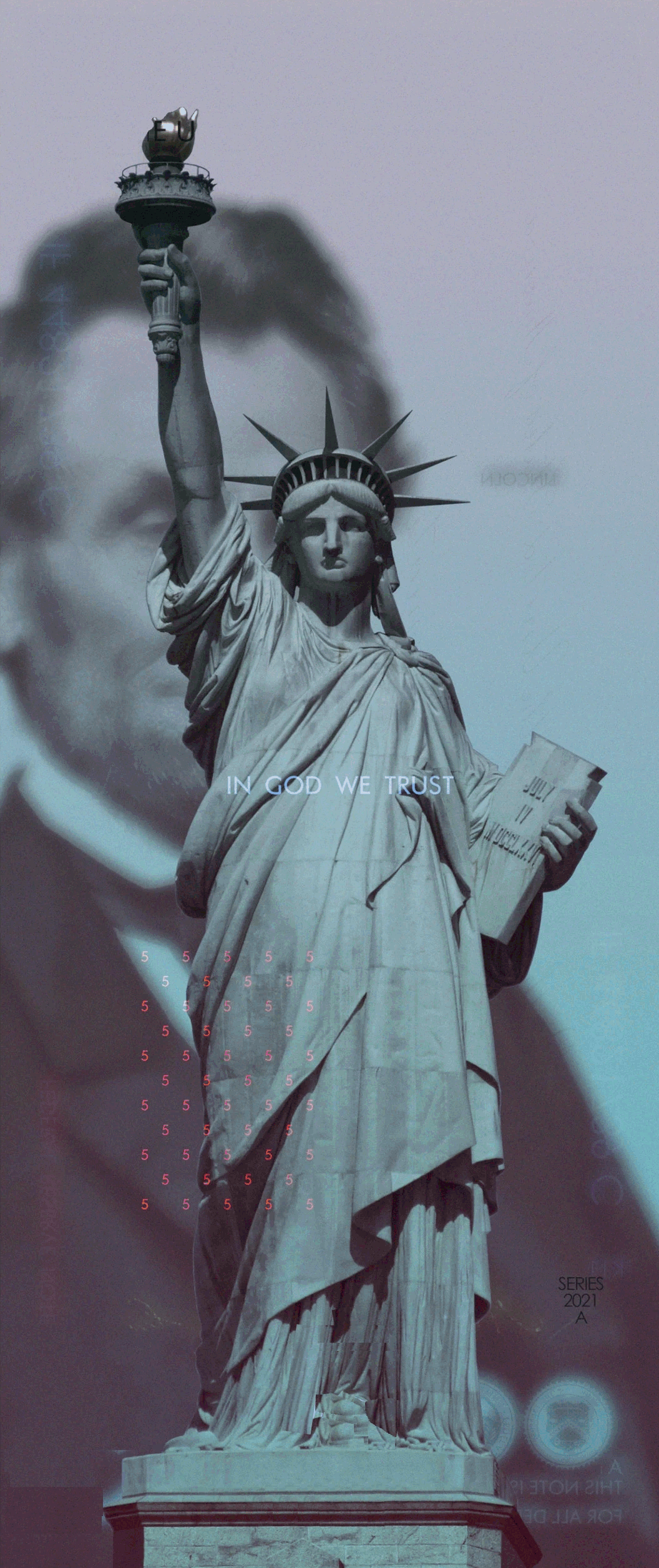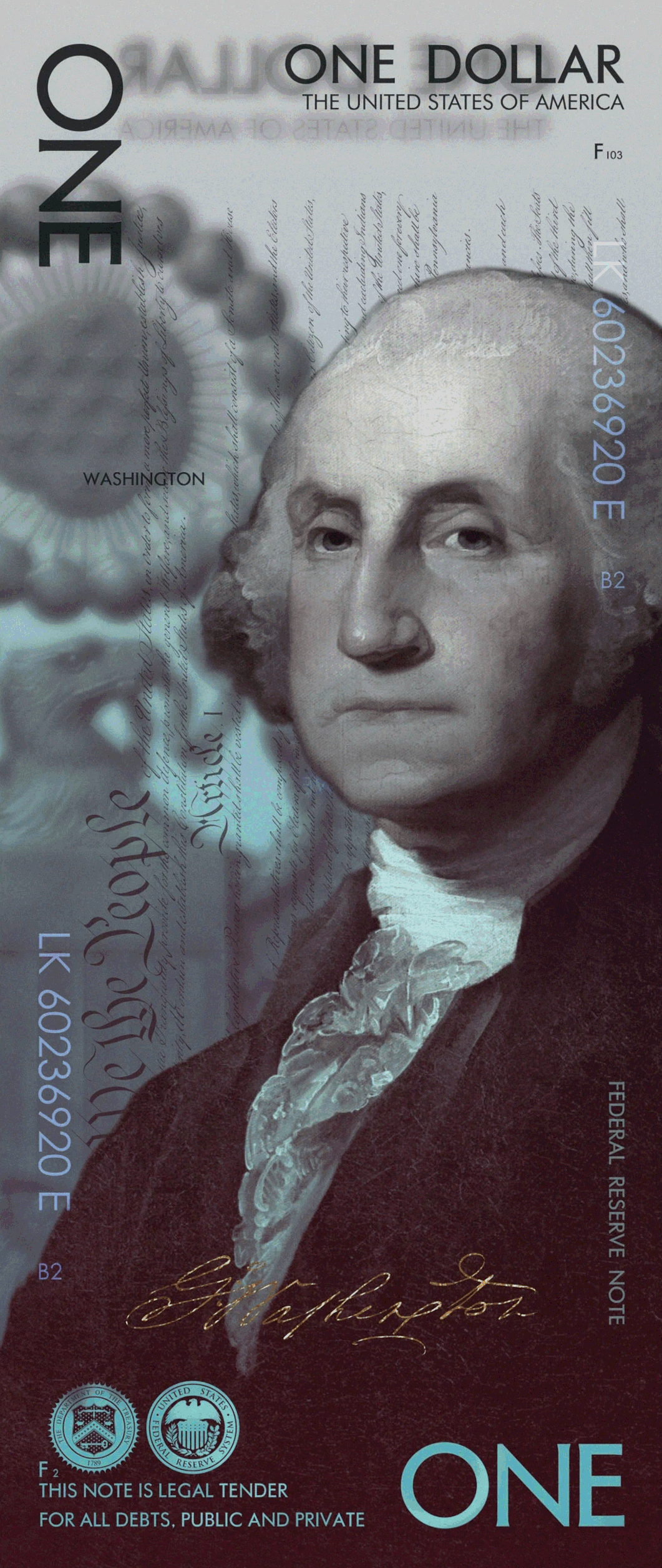
Amendment XXVIII:
Establishment the 4th Branch of Government ~ The Monetary Branch
A Monetary Branch is hereby established, tasked with safeguarding the integrity and independence of the United States monetary system. It shall be governed by a Board of Information System Administrators, composed of two representatives from each state, each serving no more than two consecutive six-year terms.
